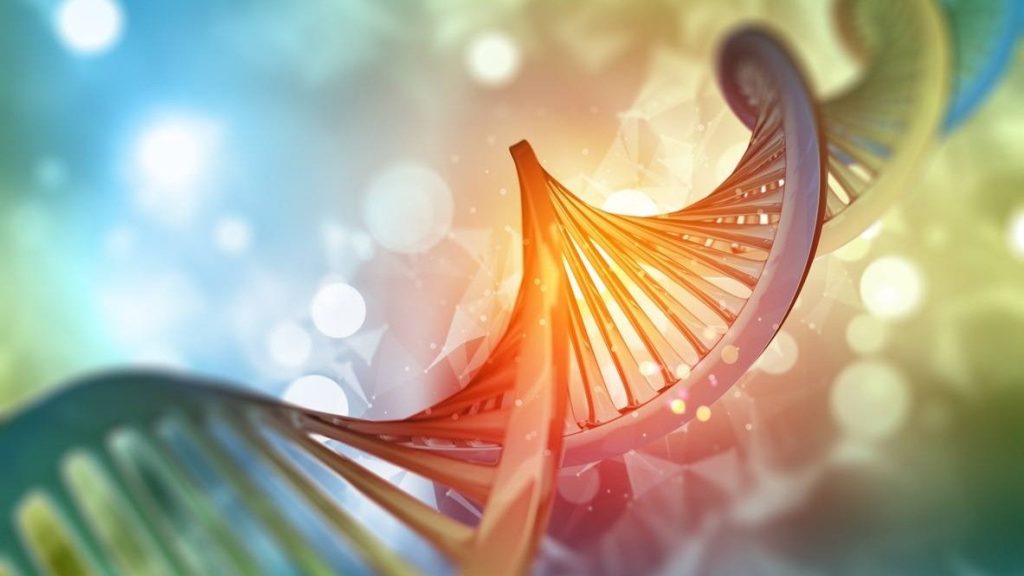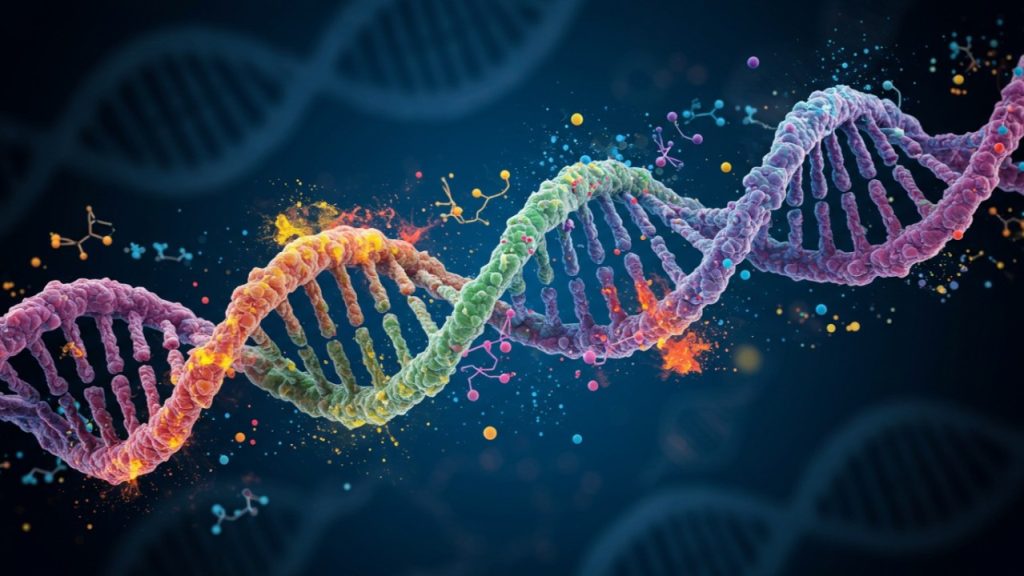Ever feel bloated after eating dairy or gluten? Your genes might be behind it.
Many of us experience uncomfortable symptoms after eating certain foods—bloating, fatigue, brain fog, or skin issues—but struggle to pinpoint the cause. We try cutting out gluten, switching to lactose-free options, or giving up caffeine. Sometimes it works. Often, it doesn’t.
The reality? Some food sensitivities aren’t caused by lifestyle choices or poor digestion—they’re rooted in your DNA.
This is the science of nutrigenomics: understanding how your genetic makeup influences your body’s response to specific foods, nutrients, and substances.
Here are just a few well-documented examples:
- Lactose intolerance: A common condition caused by variants in the LCT gene, which regulates the production of lactase—the enzyme needed to digest dairy. Some people continue producing lactase throughout life, others lose this ability, leading to bloating, cramps, and gas after consuming milk or cheese.
- Gluten sensitivity and celiac risk: Certain genetic variants in the HLA-DQ2 and HLA-DQ8 genes are associated with heightened immune responses to gluten, even without full-blown celiac disease. These individuals may experience gut inflammation, nutrient deficiencies, or fatigue triggered by gluten-containing grains.
- Caffeine metabolism: The CYP1A2 gene determines how fast your liver metabolizes caffeine. Slow metabolizers may feel anxious, wired, or have sleep disruptions even after a single cup of coffee, while fast metabolizers experience a clean energy boost and no side effects.
These genetic differences are subtle but powerful—they shape how our bodies handle common foods and substances. Ignoring them can lead to long-term issues: chronic gut inflammation, hormone imbalances, malabsorption of nutrients, and overall reduced quality of life.
This is where nutrigenomic testing changes everything.
By decoding your genetic blueprint, you can:
- Identify hidden food intolerances that could be triggering symptoms
- Understand your metabolic strengths and weaknesses
- Avoid long-term damage caused by persistent, low-grade inflammation
- Optimize your diet for energy, mental clarity, and digestive health
No more guesswork. No more restrictive elimination diets without direction. Just actionable, science-backed insights—based on your unique genome.
Whether you’re a health enthusiast, clinician, athlete, or just someone trying to feel better every day, knowing how your genes influence your diet is the first step toward personalized wellness.
Know your body better with a nutrigenomics test—because precision starts in your genes. 通过 SuperDNA Nutrigenomics test, uncover the sensitivities your body has been quietly battling all along.










